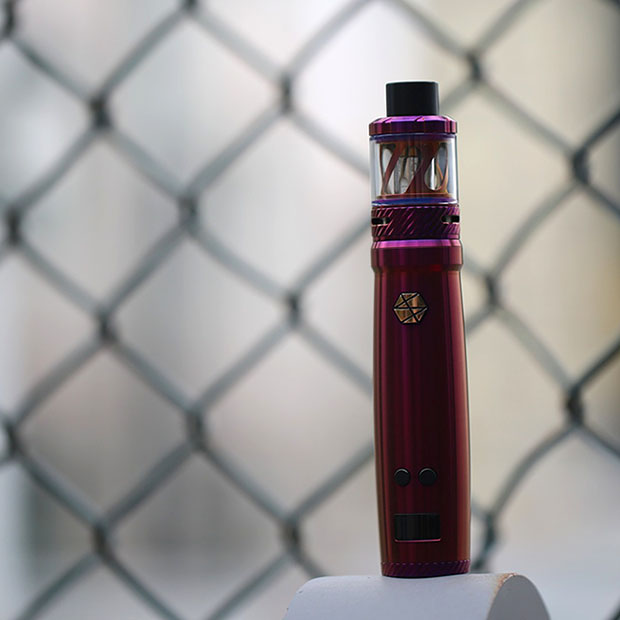Smoking Versus Kids’ Oral Health

The first negative health effect we usually think of in connection to smoking is lung cancer.
However, it actually harms every system in the body, and oral health is no exception. Smoking (or any kind of tobacco consumption, including chewing tobacco and vaping) is a serious risk factor for a lot of oral health problems. As parents, we want to do everything we can to make sure our kids and teens steer clear of this harmful habit and the problems that come with it.
How Smoking Affects Oral Health
Some of the major ways smoking can impact oral health, according to the ADA, are causing chronic bad breath, staining the teeth and tongue, dulling the senses of taste and smell, harming the gum tissue (even to the point of gum recession), eroding the enamel, increasing the risk of gum disease and oral cancer, and causing bone and tooth loss.
Is Vaping a Safe Alternative?
While vaping may not be as harmful to oral tissues as traditional smoking, it still isn’t safe. Nicotine in any form reduces blood flow, which starves the gum tissue of oxygen and nutrients and slows down the healing process, making tissue death and gum recession more likely. It also dries out the mouth, which can lead to another set of problems that range from bad breath to tooth decay.
Helping Kids See the Dangers of Smoking
Long-term consequences can be a difficult concept for kids and teens to grasp. They might think the negative health effects only happen to other people, not them. They might just want to try smoking because it seems like a grown-up or cool thing to do — especially if there are grown-ups around them who smoke. And if they do understand that smoking cigarettes is dangerous, they might not have the same aversion to vaping, what with the tasty flavors and the colorful pens.
Decades of alarming PSAs and lessons in school about the dangers of smoking have gone a long way towards discouraging kids from smoking, but the messaging hasn’t adjusted very quickly to these new ways to smoke. As parents, we should be having serious conversations with our kids about how dangerous vaping is and that there are addiction-free ways for them to be as grown-up and cool as they want to be.
Even Secondhand Smoke Is Dangerous
Many smokers decide that the health risks of their habit are acceptable, thinking they will only affect them, but secondhand smoke has serious effects too. Studies suggest a link between regular exposure to secondhand smoke and the development of cavities. Beyond oral health risks, there are also broader health risks, particularly for small children and infants, from asthma attacks all the way up to SIDS.
Make the Most of the Resources Available to You
Quitting something as addictive as a smoking habit is difficult, and helping a teenager quit can seem impossible, but there are so many allies and resources available to help, including friends, family, counselors, and a wealth of useful information online. Another great resource is the dentist, who can check for early symptoms of oral health problems and help you work to keep your child’s mouth healthy!
